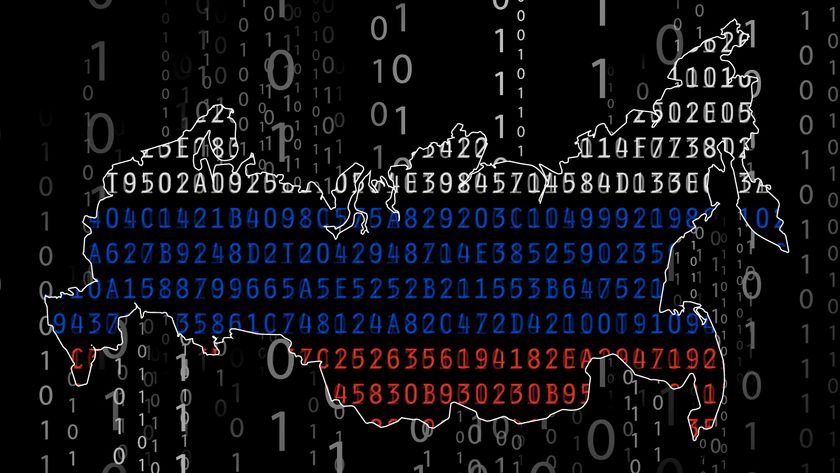Why Twitter is a punch in the face for modern friendship
Technology is turning us all into cavemen
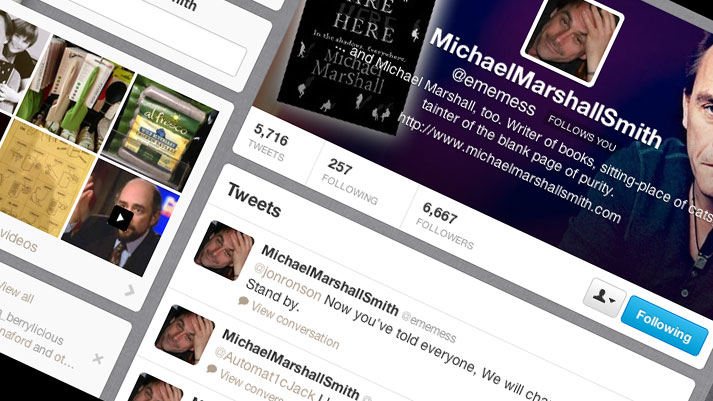
For nothing like the first time, my new novel has come out under a different title to the one I had in mind when I started it. It's now called We Are Here, but for a long time it was The Followers, partly because it deals with the many styles and depths of relationship now available, and how these shape our lives, in ways both direct and intangible.
Only a year ago, I could have felt on safe ground ranting about how spending time on online 'friendships' was wrong because of the attention it leached from 'real' ones. I still kind of believe that, but the game is changing as we are all absorbed by the internet of things.
I was reminded of this the other day when idly testing an app which enables you to inspect the metadata of your Twitter crew. I was surprised to discover that someone who, if not an actual full-on friend, is at least a long-term known person, had unfollowed me.
I'm sure it wasn't his intention to make me feel affronted or judged, but it's hard not to fear you've been boring or unfunny or in some other way come up short. In the real world it's possible to let a relationship drift and fade without offence - whereas the formal termination represented by an unfollow feels like a slap in the face, an invitation to a fist-fight in a pub car park.
Stranger still...
Then I saw that someone that I didn't know had also unfollowed me. The interesting thing was that this guy's most recent tweet revealed he'd used a service which allowed you to bulk-unfollow people who aren't following you back. But isn't that a bit weird? Once you follow more than a couple of hundred people your timeline is a mess, and it becomes impossible to sift signal from noise unless you spend your entire day on there, which would be sad.
So either this person is not even looking at incoming, but using Twitter merely to proclaim (in which case, him following you back is meaningless); or he's using lists to hone and limit the responses he sees - which also undermines the "follow me and I'll follow back" ethos.
I thought all this through, in my dogged way, and then remembered... I don't even know this person. I'd just wasted ten minutes of my limited time on this planet trying to second-guess the social networking praxis of some dude I've never met, because I feel mildly miffed that he followed and then unfollowed me a few days later.
Get daily insight, inspiration and deals in your inbox
Sign up for breaking news, reviews, opinion, top tech deals, and more.
Easy-come, easy-go
In real life it's reasonable and sensible to unpack negative personal feedback. Online 'relationships' seem very different. They're easy-come, easy-go, and can be based on unpredictable factors like whim, level of online drunkenness, or the cynical intent to build a following through empty follow-backs. Some people understand this, I guess. I still find it hard not to take it all rather personally.
Yet at the same time some things are getting closer to the way real relationships run. If someone on Twitter is going on a bit, there are subtle ways to handle it. Many Twitter clients now have a mute function, whereby you can disappear the person from your timeline for a day or week or month. You can use lists, too.
Neither involves the harsh, visible and un-real act of unfollowing, and is therefore more like real life, where you'd simply give someone a wide berth until they'd stopped banging on so much about how much they hate their newly ex-boyfriend.
Wife v pizza
The most basic markers of 'relationships' are changing, too. When I was a lad, knowing someone's phone number by heart was a strong indicator they were a key pal, part of your social fabric. But now I can recall the number of Tony & Alba's Pizza Parlour just because I keep forgetting to store it and have to Google and re-key it each time, and yet have only a sketchy idea of my wife's mobile number: it's on speed-dial - why would my brain bother to store it? Well, because she's my wife, and I probably ought to know how to get hold of her if my phone explodes.
It's the same with email and twitter: we don't need to know the addresses anymore because we just hit 'reply'. Oddly, this is making communication more like it was before technology. Prior to the internet, phones and the postal service, we could only communicate with someone if they lived in the same village or tribe or cave and were right in front of us - in which case we had no need for a number or address. You just spoke. They listened, and then replied.
Tech is returning us to that simple directness, but it's also bringing thousands of people we don't actually know into our new-tech caves. And disappointingly few are bringing hostess gifts, or bottles of fine wine.
So do please 'Like' the above, or at least follow @ememess, or I'll think you hate me. Also, LOL.
Michael Marshall's novel We Are Here, published in hardback by Orion Books, is out in the UK on March 21
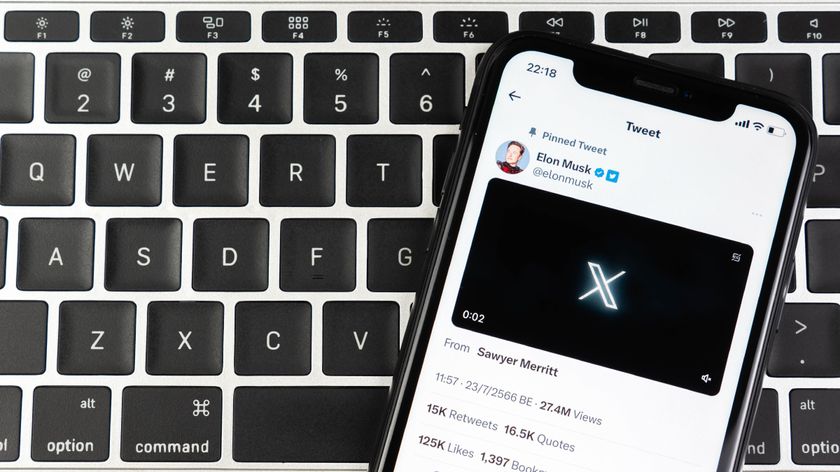



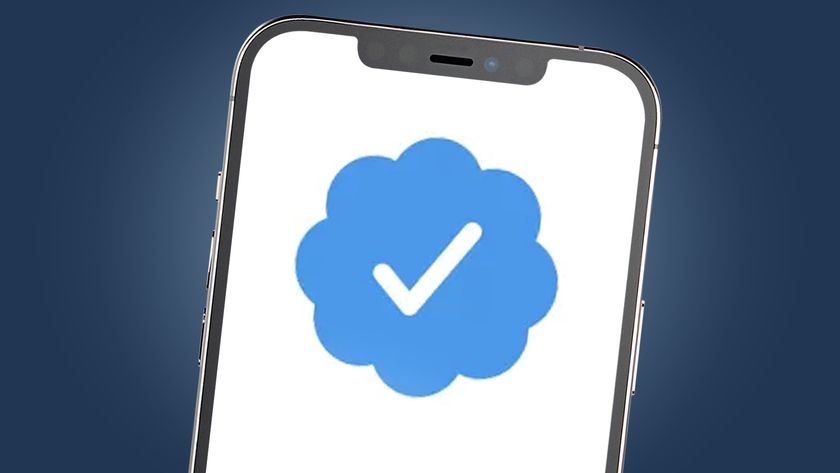
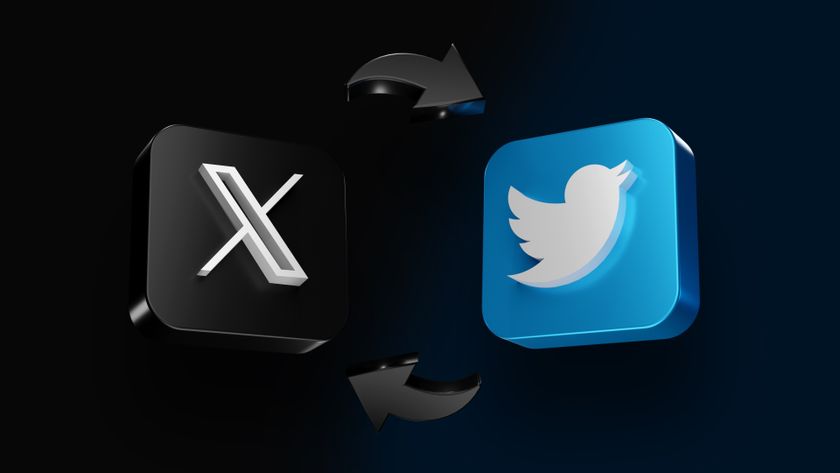

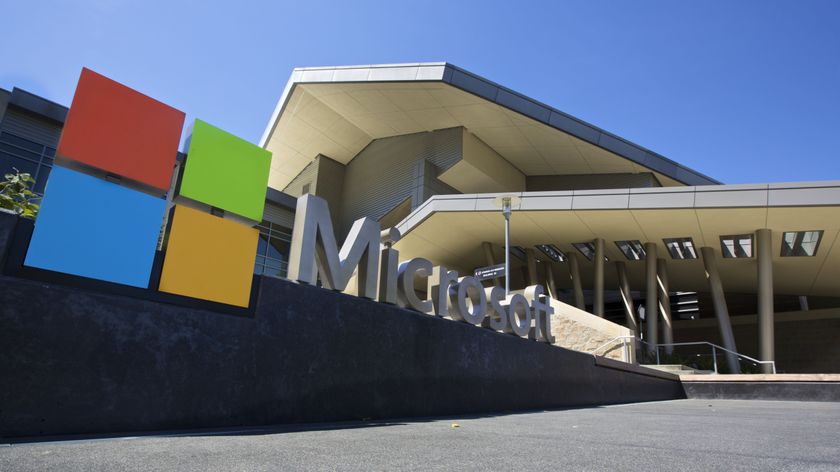



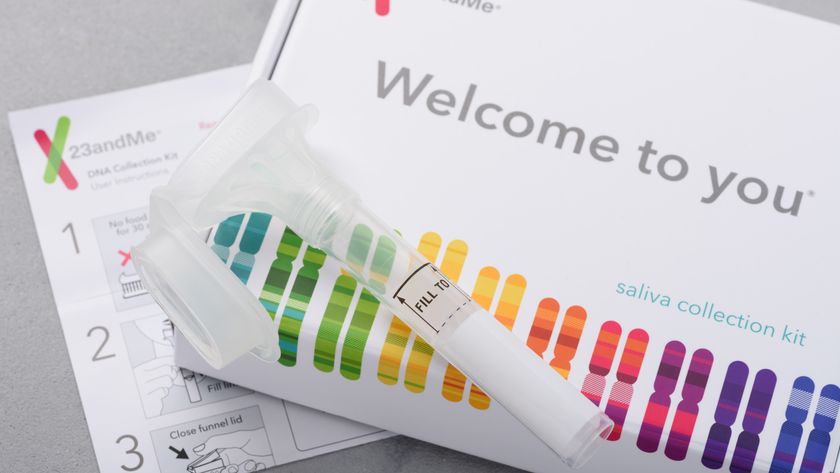

I tested this understated yet convenient Apple Watch strap for a week – here’s why you should buy it now

Latest Meta Quest 3 software beta teases a major design overhaul and VR screen sharing – and I need these updates now

You can finally start your day with The Office theme song, and I couldn't be more excited

